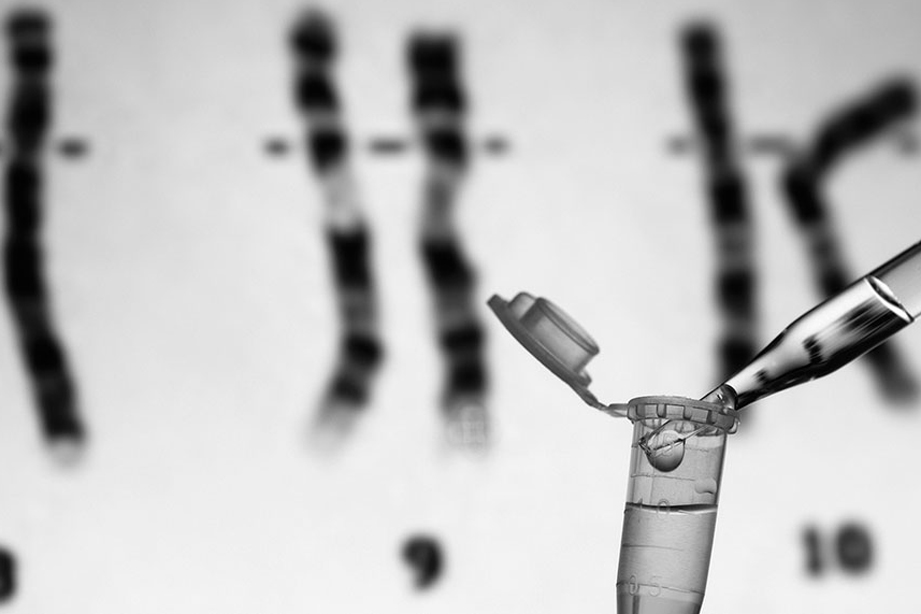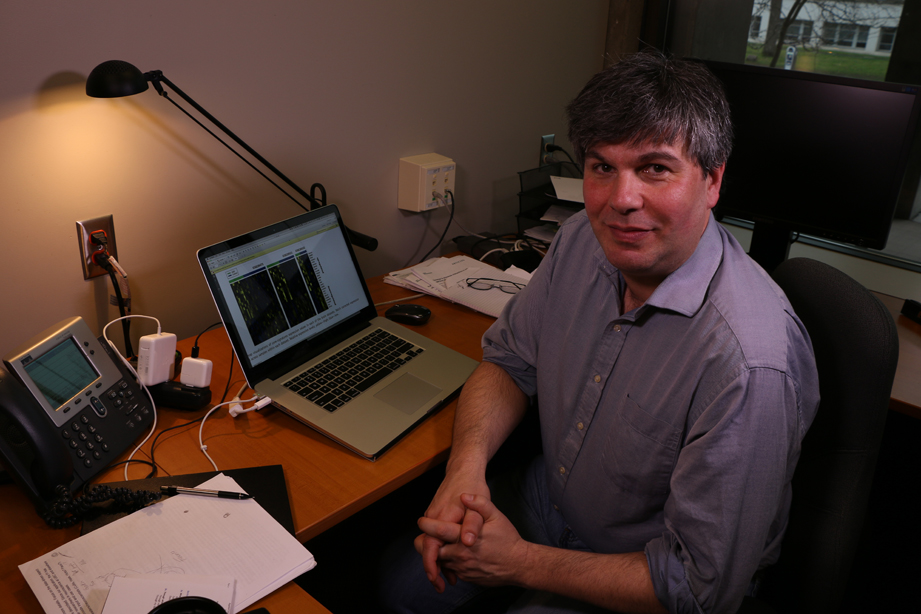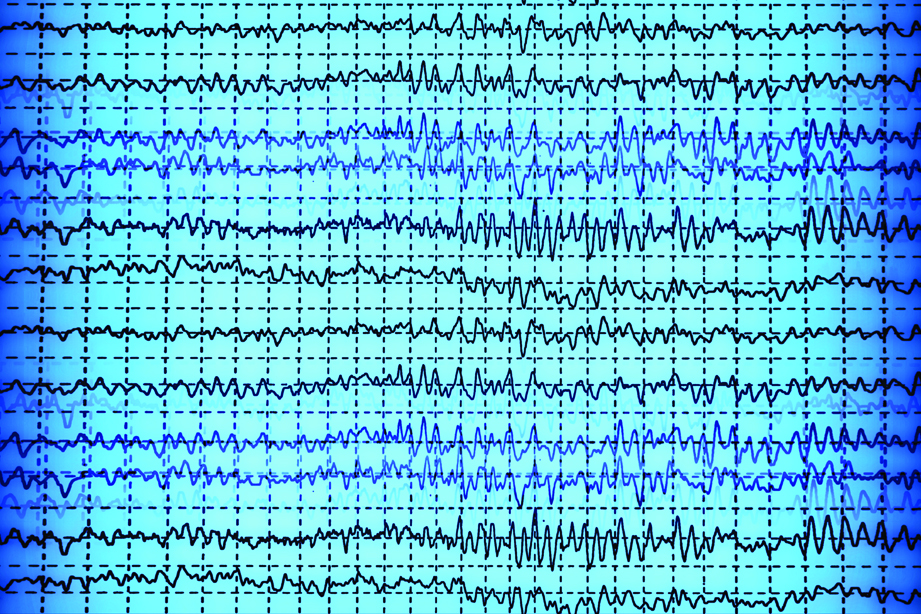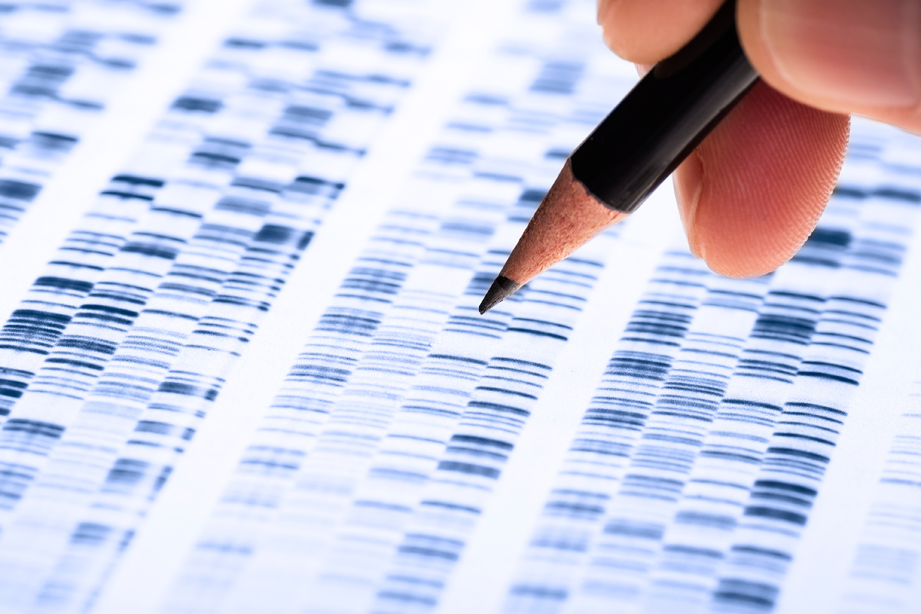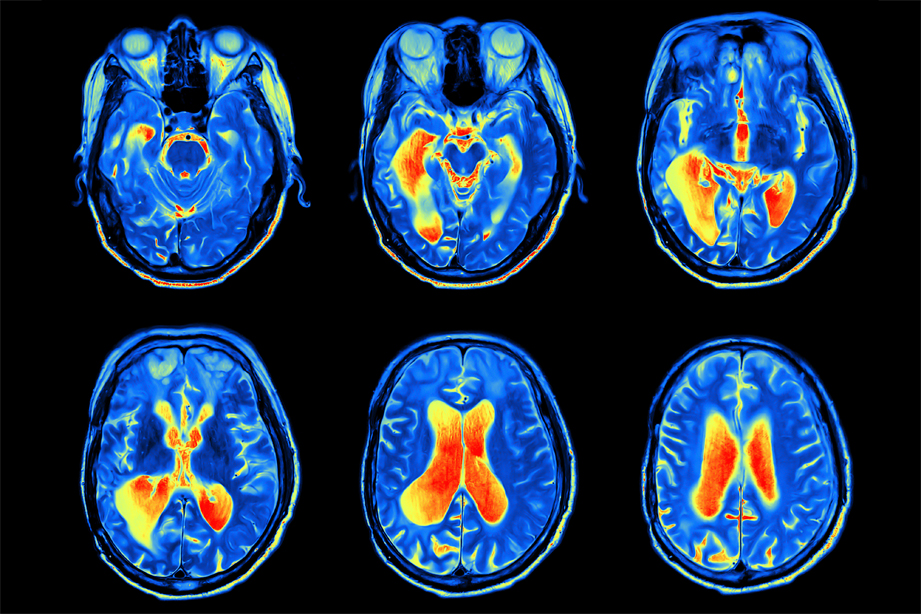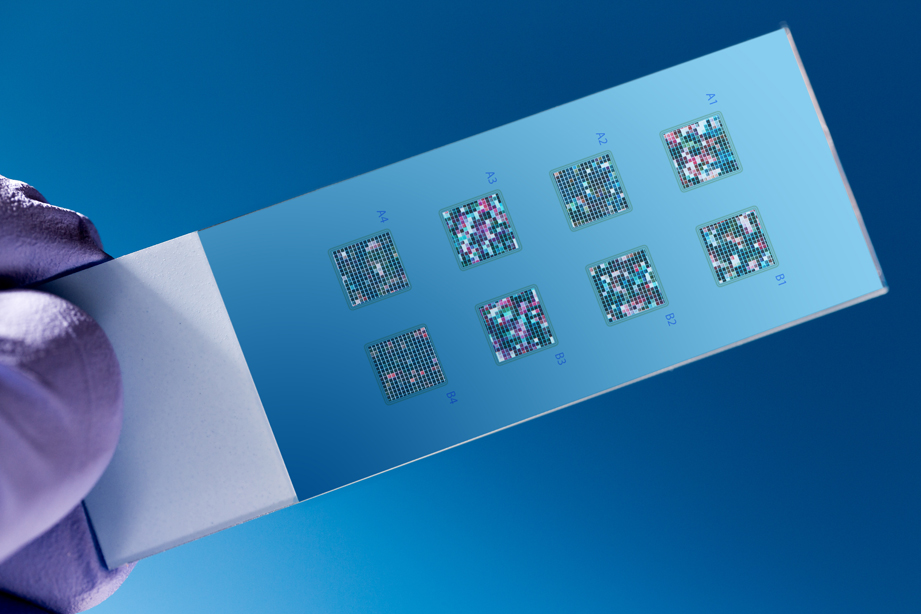Challenge The study of epigenetics—how the environment influences gene expression—is a promising avenue when it comes to better understanding FASD. In the absence of the characteristic facial dysmorphology or confirmed prenatal alcohol exposure, it is very challenging to confirm an FASD diagnosis. Therefore, there is a considerable need to identify biomarkers of exposure that one [...]
Developing a New Tool to Screen for FASD
Nicolas Turgeon-Morin2023-05-04T06:37:17-08:00Challenge Children usually aren’t diagnosed with FASD until they are school-aged, which means they miss out on early intervention. Dr. James Reynolds (Queen’s University) and his team have been working to develop a new tool that would identify young children who are at risk of FASD so that they can access support sooner. Project Summary [...]
The Neuroinformatics Core: Multimodal Neuroinformatics for the Study of Human Neurodevelopment
Nicolas Turgeon-Morin2023-05-04T06:44:00-08:00Challenge Researchers across the world have collected vast amounts of data relating to brain development, including information about genes and their expressions in cells, brain structure, electrical activity in the brain, behaviours, diagnosable disorders and more. These data aren’t currently used to their full potential. There are algorithms, databases and software that allow scientists to [...]
Neurodisabilities: Canadian Prevalence
Nicolas Turgeon-Morin2023-05-04T06:45:43-08:00Challenge The prevalence of childhood neurodisability in Canada was previously unknown. Since prevalence is typically reported by specific diagnoses, such as CP or FASD, it was difficult to appreciate what proportion of children in Canada are impacted by brain-based developmental disorders and to estimate the need for supports and services for them and their families. [...]
Towards Implementation of EEG and NIRS in the Clinic
Nicolas Turgeon-Morin2023-05-04T07:35:16-08:00A National Team Approach Challenge Early diagnosis and early intervention for children with neurodevelopmental disorders (NDD) can help improve future development, increase social integration and allow better academic success. Scientists and clinicians have been increasingly interested in early diagnostic tools to assess brain function and cerebral activity, known as electroencephalographic (EEG) and optical imaging (near-infrared [...]
Genomics/Epigenetics of CP in Preterm-born Infants
Nicolas Turgeon-Morin2023-02-22T11:06:33-08:00Challenge Premature infants are the largest subgroup of children with cerebral palsy (CP), and the prevalence of CP in these infants has remained high despite improved overall survival rates. White matter injuries and infections during pregnancy are a significant risk factor in CP, and studies show that factors impacting gene expression may be linked to [...]
Development of a Genomic Assessment Tool for Early Identification of Infants and children at risk for FASD
Nicolas Turgeon-Morin2023-05-04T08:18:51-08:00Challenge Fetal alcohol spectrum disorder (FASD), which results from prenatal alcohol exposure, is the most common cause of neurodevelopmental impairments in the western world, with an estimated prevalence of 3-5% in Canada, and as high as 11% in some communities. Diagnosing the disorder is time-consuming and costly — but early diagnosis of children at risk [...]
Quantitative modelling of spontaneous movement in infants
Nicolas Turgeon-Morin2023-10-19T10:45:42-08:00Challenge In young babies, assessment of their motions has been used to predict complex neurological dysfunction later in life. Infant movement has been identified as the 7th cardinal sign of neurological dysfunction. However, this method is limited, partially due to the skills that are required to deliver a clear qualitative assessment of a baby's motion. [...]
The ASD Demonstration Project: Neuroimaging and Function
Nicolas Turgeon-Morin2023-10-19T10:47:48-08:00Challenge Right now, autism spectrum disorder is diagnosed based on behaviours and developmental delays, not neurobiological markers. If we knew more about autism’s basis in the brain, this might allow children to get a diagnosis sooner. Project Summary KBHN has played a crucial role in identifying genetic variants associated with ASD as part of its [...]
The ASD Demonstration Project: Next-Generation Genome Sequencing and Identification of Rare DNA Variants
Nicolas Turgeon-Morin2023-10-19T10:48:10-08:00Challenge Autism spectrum disorder often runs in families. For example, identical twins of people with ASD have roughly a 60 percent chance of having it as well while siblings have a 20 percent chance. This statistic points to genetic risk factors. But which gene variants increase susceptibility to ASD? Moreover, how do genes influence the [...]

